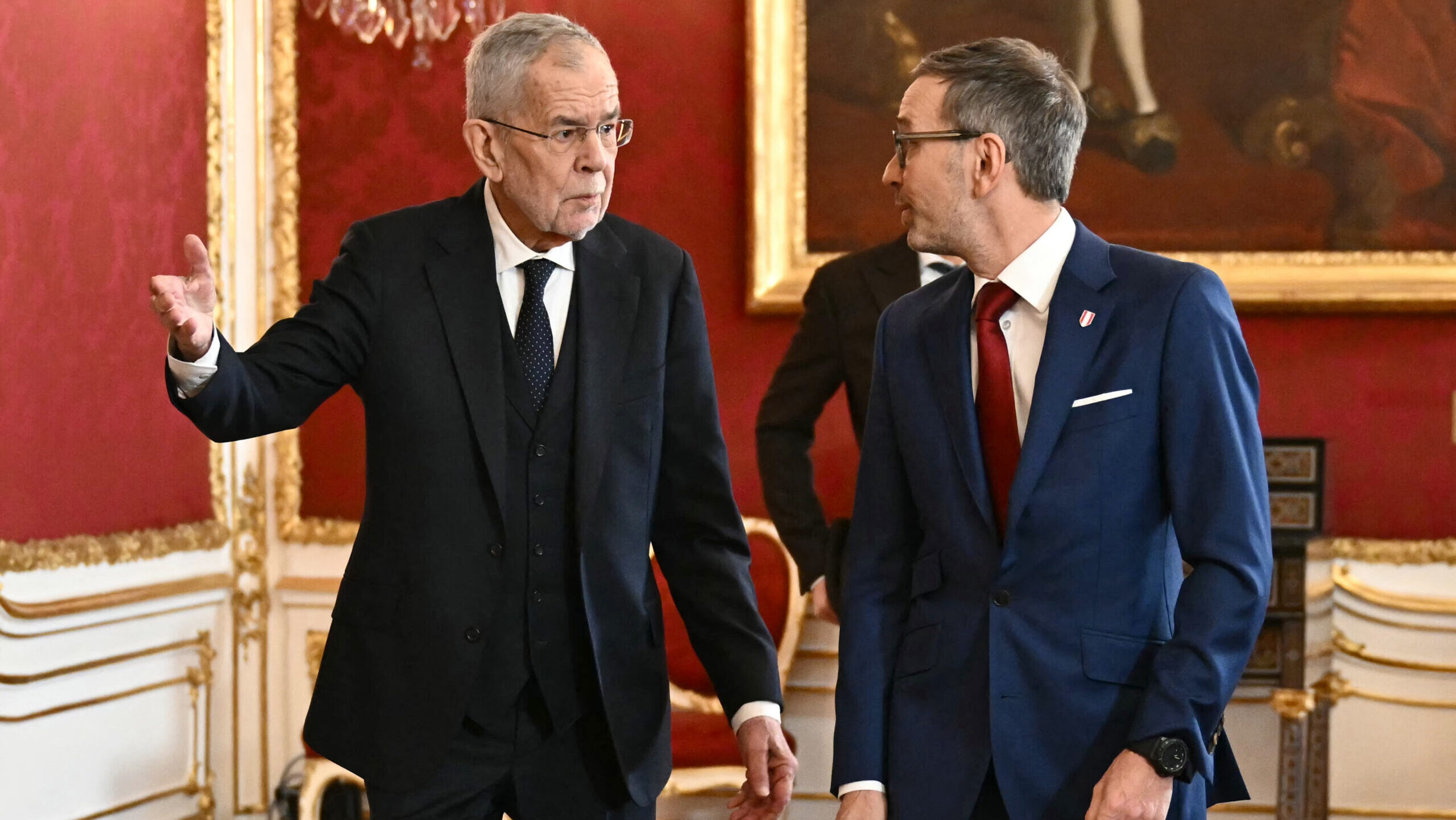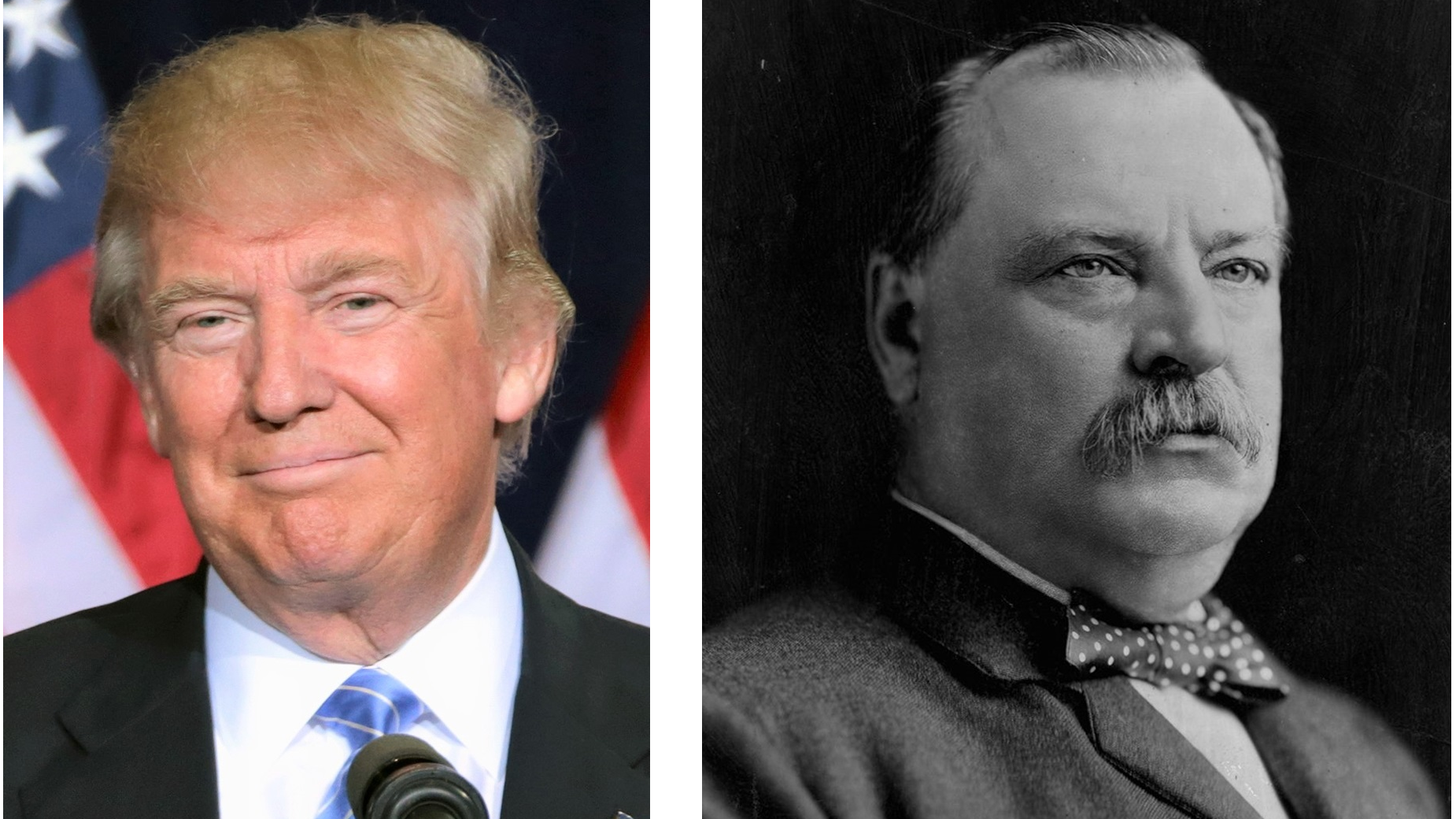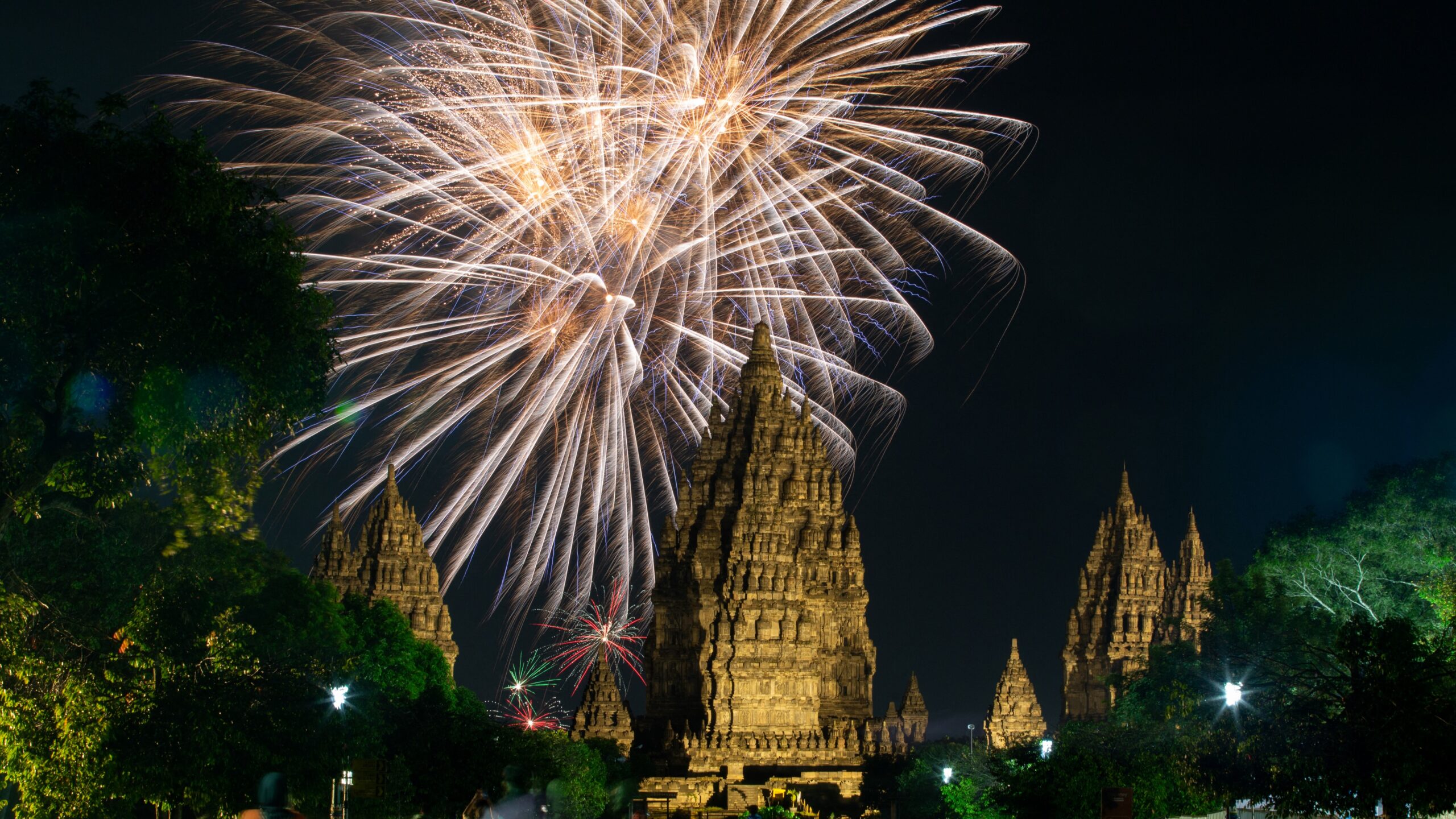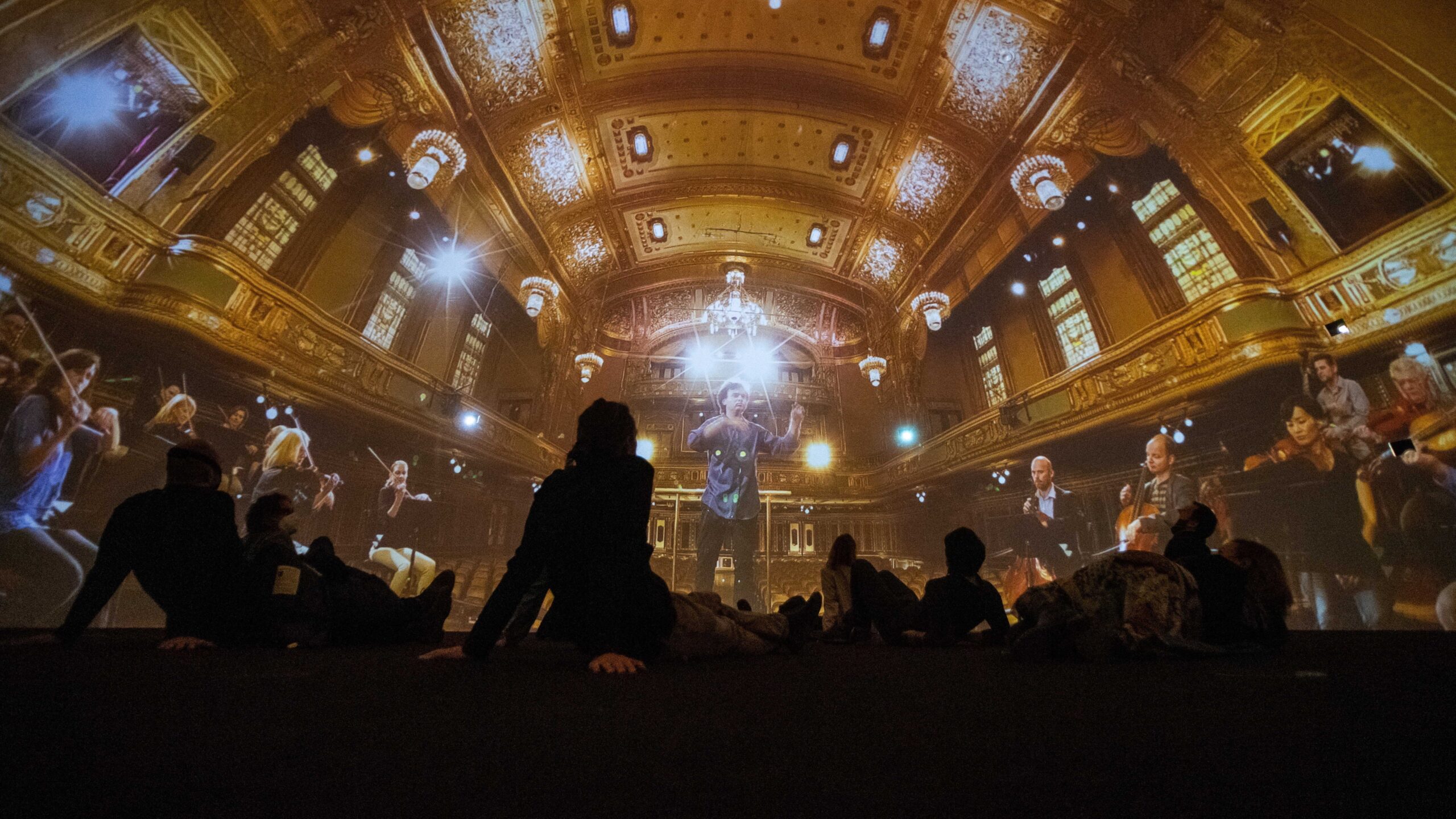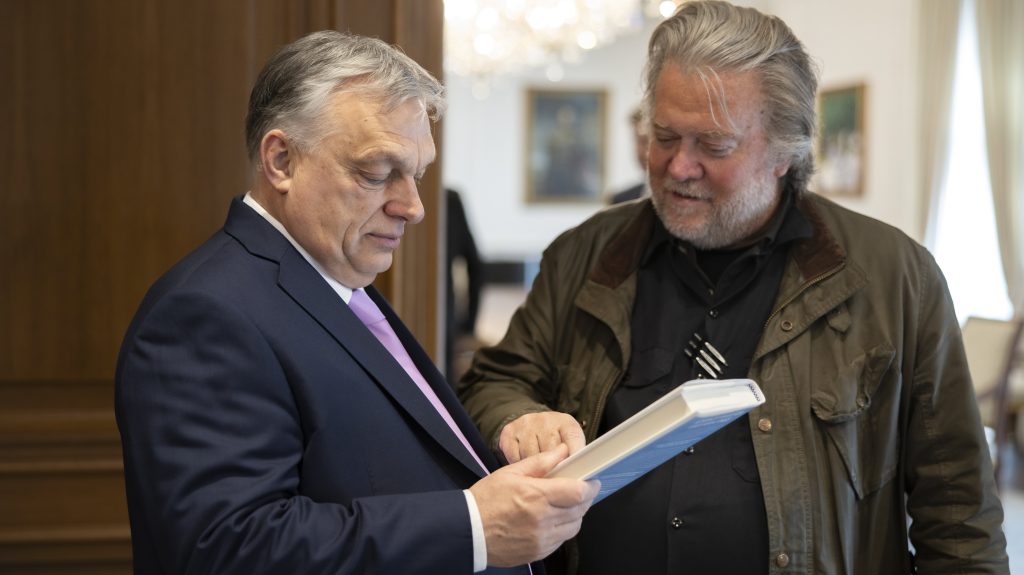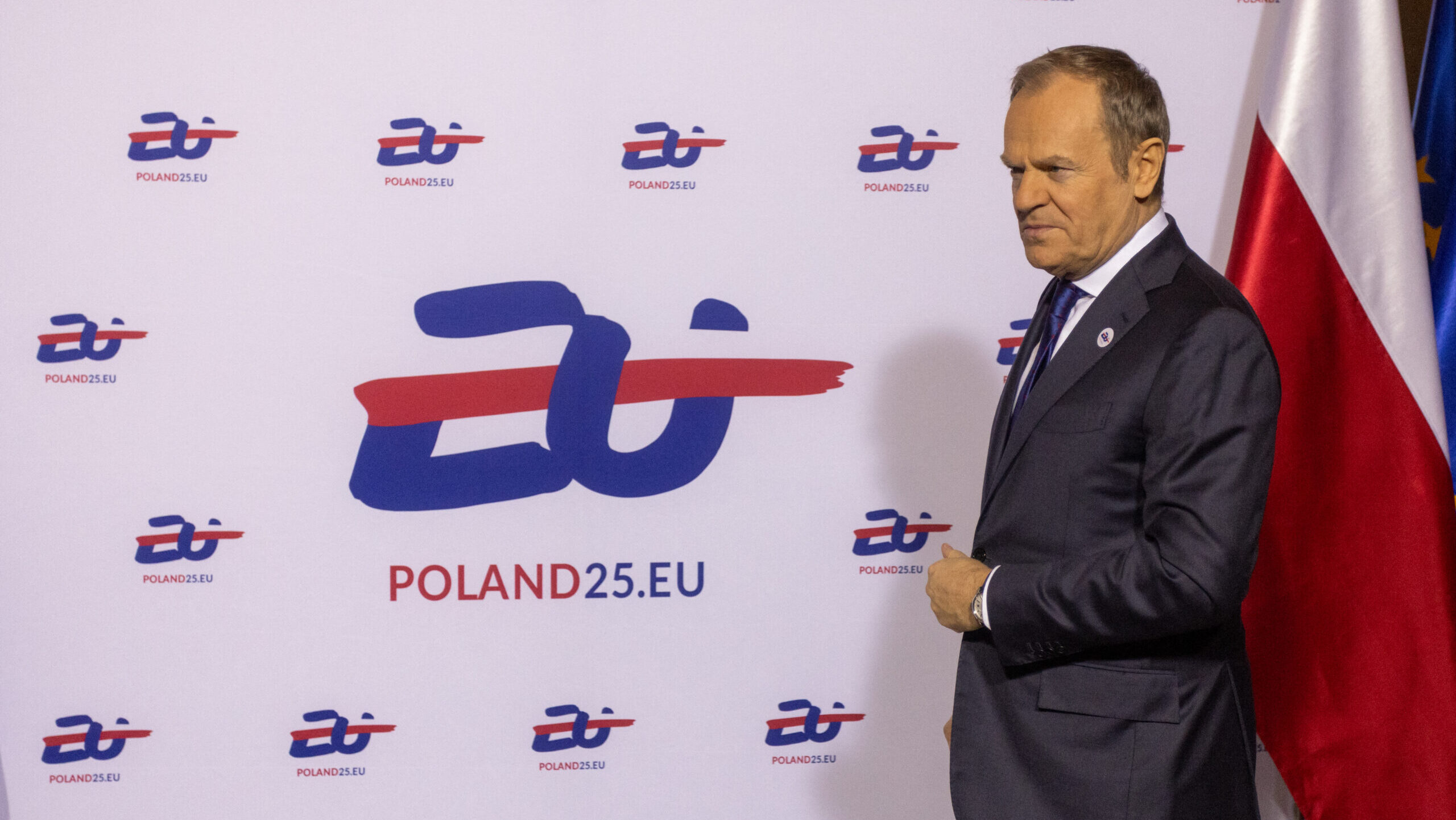
Housing and Family Support Policies Resonate Strongly with Hungarians
A recent survey by the Mária Kopp Institute reveals widespread public support for Hungary’s new economic action plan. Policies like housing assistance, a permanent 13th month pension, and doubled family tax benefits are seen as vital by the majority of respondents.



